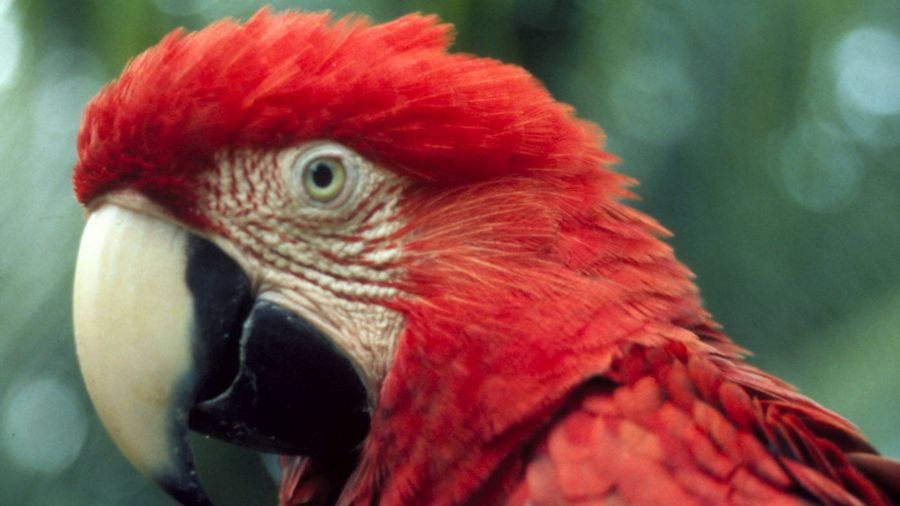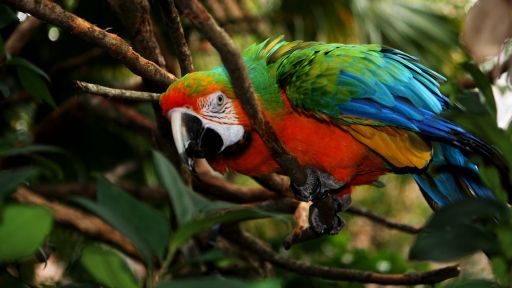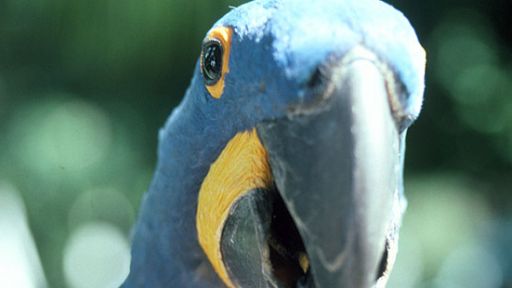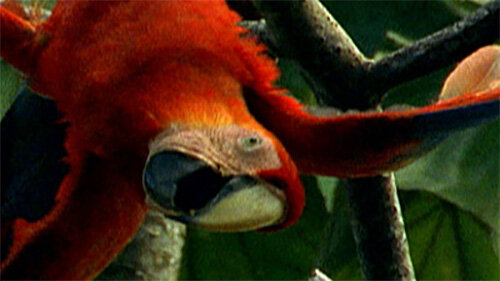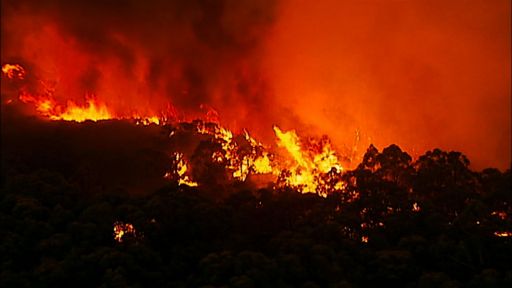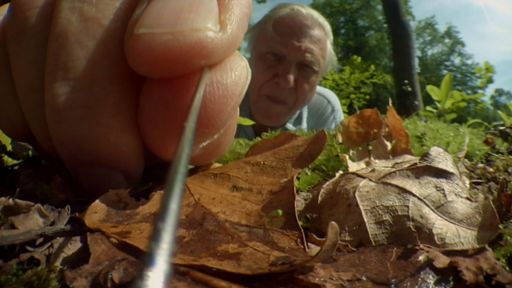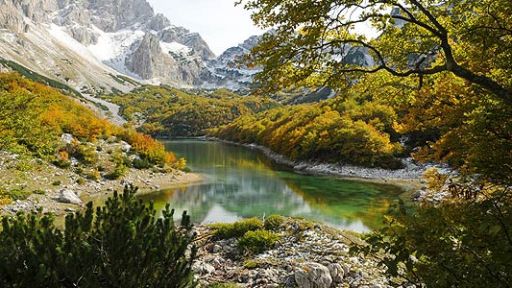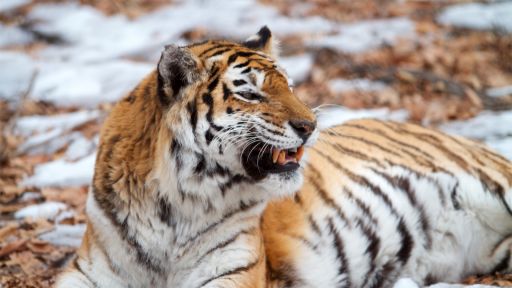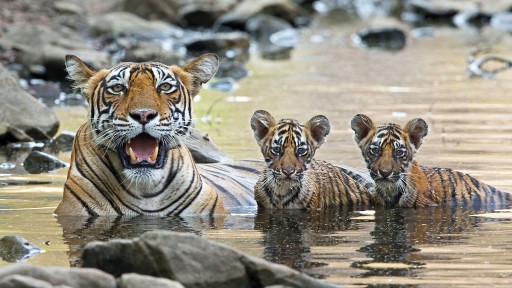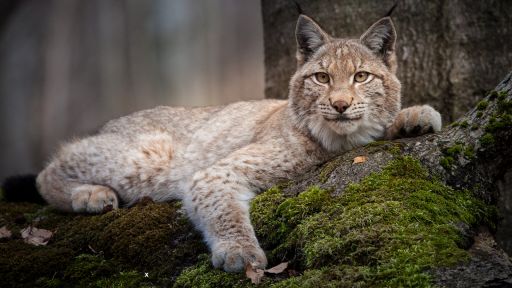Television Credits
All sequences in this program, whether filmed in the wild or under controlled conditions, represent authentic behavior.
Narrated by
HOWARD McGILLIN
Produced & Directed by
CAROLINE BRETT
Camera
SIMON ATKINS
GORDON BUCHANAN
MARTIN DOHRN
NICK GORDON
ALASTAIR MacEWEN
MARTIN SMITH
Sound
PAUL PARAGON
NICK ALLINSON
Editor
ALAN MILLER
Sound Editor
GARY McINTYRE
Dubbing Mixer
NEIL HIPKISS
On-line Editor
JON EVERETT
Music Composer
LENNY WILLIAMS
Archive Footage
Superflow Corporation
Environmental Investigation Agency
We acknowledge the kind co-operation of:
The Loro Parque Foundation and Loro Parque
Tropical Nature
Production Manager
WOLFGANG KNOEPFLER
Head of Production
TERESA WATTS
Head of Granada Wild
BRIAN LEITH
Executive Producer
ANDREW BUCHANAN
© Granada Wild
For NATURE
Series Editor
JANET HESS
Supervising Producer
JANICE YOUNG
Producers
JILL CLARKE
PATTY JACOBSON
Associate Producers
IRENE TEJARATCHI
GIANNA SAVOIE
Production Secretary
KELLY LAFFERTY
Manager
EILEEN FRAHER
Production Manager
JULIE SCHAPIRO THORMAN
Offline Editor
MARK SUTTON
Online Editor
BARRY GLINER
SOUND MIXER
ED CAMPBELL
Series Producer
BILL MURPHY
Executive in Charge
WILLIAM GRANT
Executive Producer
FRED KAUFMAN
A Production of Granada Wild in association with Granada International and Thirteen/WNET New York
This program was produced by Thirteen/WNET New York, which is solely responsible for its content.
© 2004 Educational Broadcasting Corporation
All Rights Reserved
Web Credits
Producer
DANIEL B. GREENBERG
MARY HOPE GARCIA
Art Director
SABINA DALEY
Designers
MICHAEL DIMAURO
KAREN MATTSON
RADIK SHVARTS
Pagebuilding
BRIAN SANTALONE
Writer
DAVID MALAKOFF
Production Artist
RUIYAN XU
Technical Director
BRIAN LEE
About the Writer
David Malakoff is a journalist covering research discoveries and the politics of science for SCIENCE MAGAZINE in Washington, D.C. His writing has appeared in a wide range of venues, including THE ECONOMIST, THE WASHINGTON POST, and ABCNews.com.
Thirteen Online is a production of Thirteen/WNET New York’s Kravis Multimedia Education Center in New York City. Anthony Chapman, Director of Interactive & Broadband. Bob Adleman, Business Manager. Carmen DiRienzo, Vice President and Managing Director, Corporate Affairs
© 1997-2007 The Educational Broadcasting Corporation. All rights reserved.

